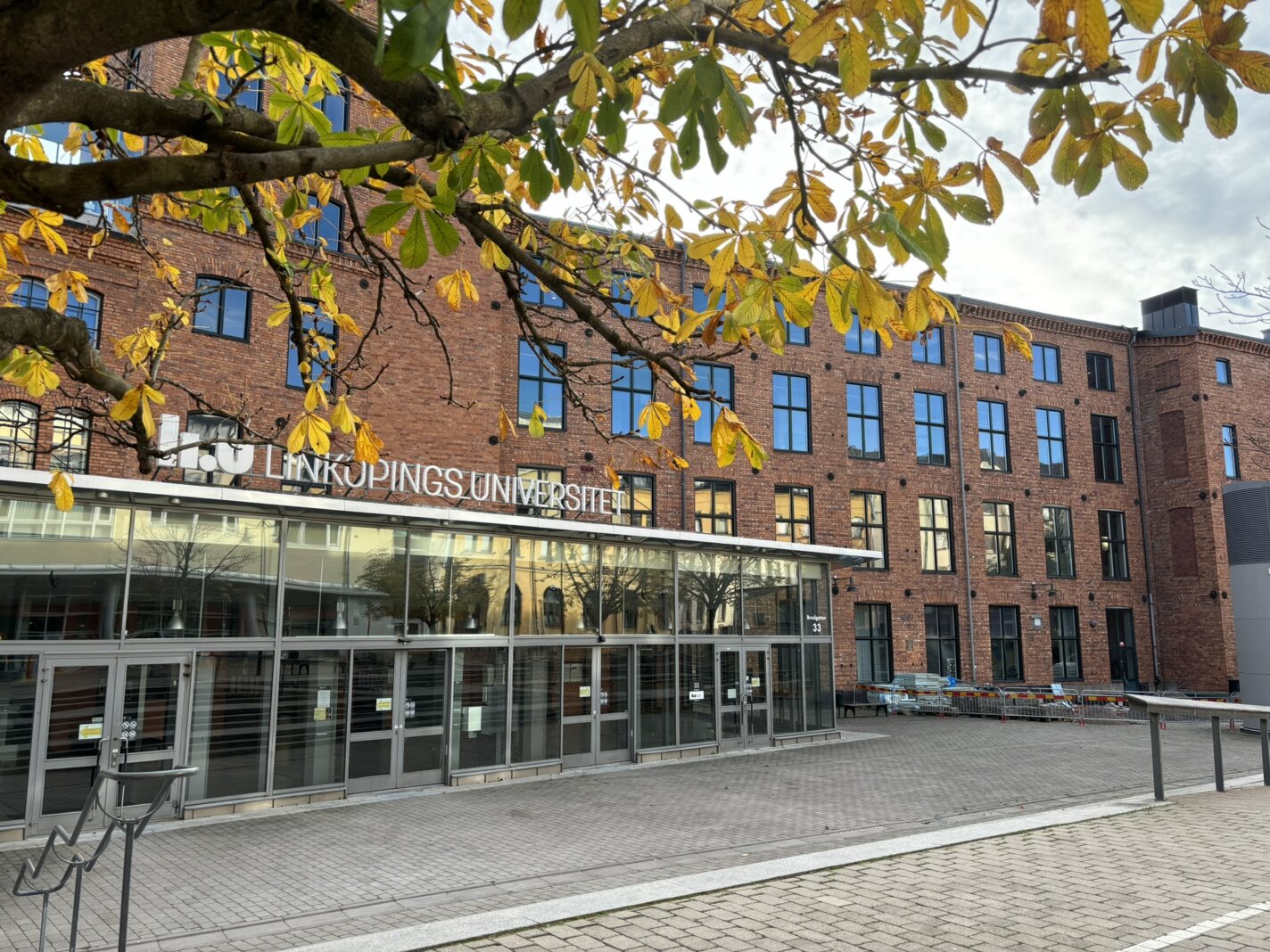November 5, 2024
What It Is Like to Study Computational Social Science – My Journey So Far
Hej hej!
This is Clara from COMPUTATIONAL SOCIAL SCIENCE (aka CSS), and I would like to talk about my learning experience in this programme…what to expect in the programme and how to prepare for in it in advance. So, let’s dive right in!
Let’s start with some general information about the programme. It’s one of the international master’s programmes (the others are ethnic and migration studies, intelligent transport systems and logistics*) on campus Norrköping. One thing that’s special about the programme is that people literally come from very different backgrounds. With such diverse demographics, the curriculum starts from the very basic so don’t freak out if you’ve just decided to hop from another field that’s far away from the programme 😊 However, if you have zero knowledge of either sociology, computer science or any related fields, I will highly recommend doing extra studies in either of these before the programme starts.
The curriculum consists of both theories in sociology and technical subjects such as statistics and machine learning for social science. I’ve finished two of the classes (there are four in total in the first semester, and we do only two simultaneously at a time), which are STATISTICS AND DATA SCIENCE I and LOGIC OF SOCIAL INQUIRY (click here to see the full syllabus of the programme). For STATISTICS AND DATA SCIENCE I, it covered statistics and we had lectures and labs (sessions when you learn to use the programming language R).
As for LOGIC OF SOCIAL INQUIRY, it is an introductory course that aims at introducing students to important concepts when conducting social scientific research. There were lectures and seminars, where we discussed various articles assigned by the teacher. I personally find seminars a bit challenging but also exciting, since we get to learn how people think about exactly the same article and to learn how to express our opinions and thoughts.

▲ Norrköping campus, taken on 1 Nov
In general, the teaching hours might not seem very long but what’s expected of the students is that they study 8 hours on weekdays in the case of studying as a full-time student. I usually have to spend more time than I expected to finish the class readings, which is sometimes a little bit stressful but the rewards of actually learning something is beyond measure!
To sum up, it’s a programme which will challenge you to learn a lot under a short period of time, and I know it sounds intimidating. It is indeed not very easy, but the rewards of knowledge are definitely worth it! I hope if you are in a similar situation, you will find this article helpful 🌟
Feel free to leave a comment down below or ask a question if you have any 🤓
Until next time, see you!
* An earlier version of this article contained an inaccuracy in the number of programmes on Norrköping campus. It has now been corrected for accuracy. Thank you for your understanding.
_______________________________________________________________
Why don’t continue the conversation with us?
Start with checking out:
Our programmes, the application process, webinars, and our Instagram and Facebook account.
Still left wanting more?Book an appointment with our recruitment coordinator at infocenter@liu.se.



